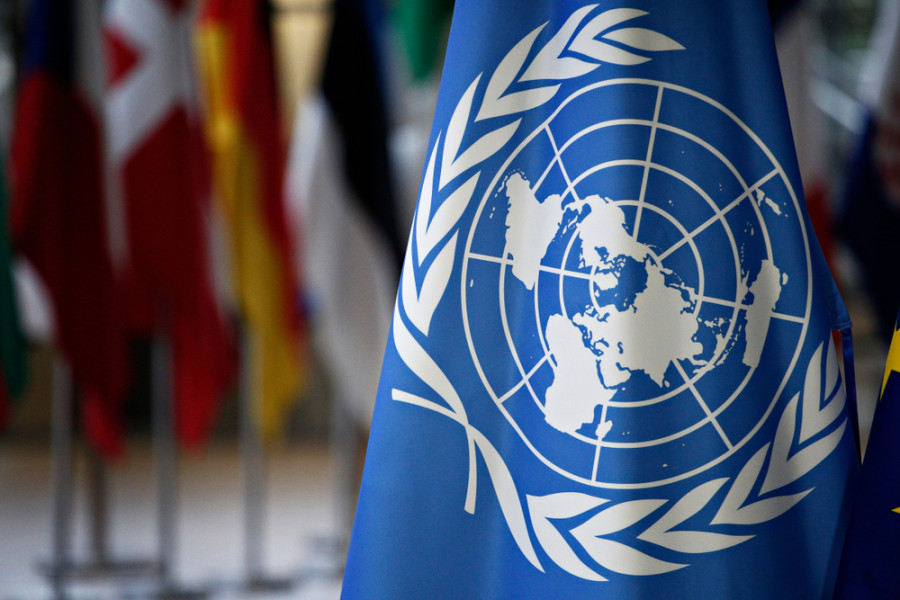National
Respect human rights during Covid-19 response, UN and diplomatic missions in Nepal say
The diplomatic community has called for access to safe and confidential reporting channels and services, as well as to justice and legal remedy.
Post Report
All the actors working in the Covid-19 response need to respect the rights of all people, particularly women and girls, youth, minorities and marginalised communities, adopting zero tolerance for sexual exploitation and abuse, the United Nations and diplomatic community in Nepal said on Wednesday.
Issuing a statement, 13 international agencies including the UN and the embassies from different countries said similar to other crises, women and children are facing heightened risk in the ongoing pandemic in the country.
The statement comes amid increasing reports that girls and women have been more prone to the exploitations during the lockdown.
“Between March 11 and June 6 2020, as many as 624 cases of violence against women and girls were reported,” they said in the statement. “Indeed, there have been concerning allegations of sexual abuse in quarantine centres, places where women should feel safe to spend their quarantine before returning to their families and their community.”
The diplomatic community in Nepal said that in cases where sexual exploitation or abuse occur, it is essential that victims have access to safe and confidential reporting channels and services, as well as to justice and legal remedy.
When children are victims, the approach must consider the best interest of the child and engage with the family and caregivers as appropriate, they said.
They have also called on the concerned agencies to integrate protection from sexual exploitation and abuse into the response to Covid-19 as a central part of coordinated humanitarian action and development assistance.
The organisations said they encourage the government, private sector, civil society, communities, frontline workers, security forces and volunteers – to respect and protect those who are vulnerable and marginalized, and create a safe environment for both the service users and providers without fear of sexual exploitation and abuse.
“The responsibility to end gender-based violence lies with all of us, families, religious and political leaders, the police, civil society, the judicial committees, the justice system, and with the press,” read the statement.




 9.6°C Kathmandu
9.6°C Kathmandu













